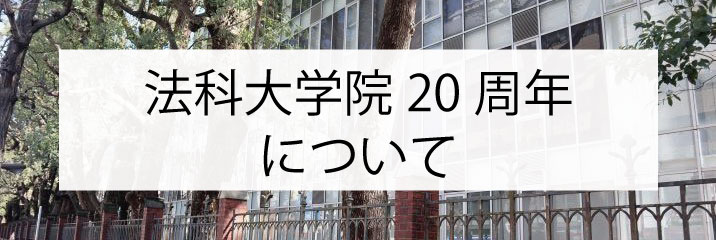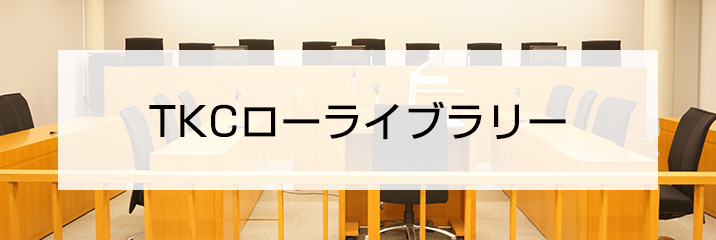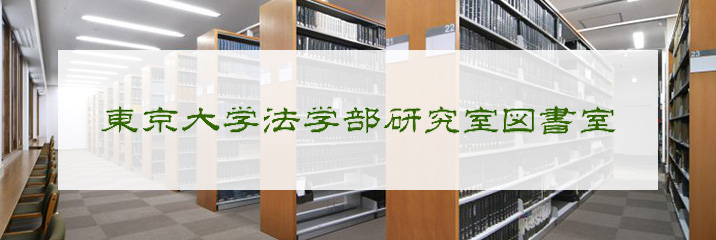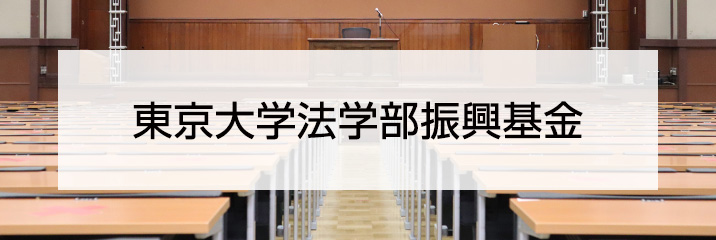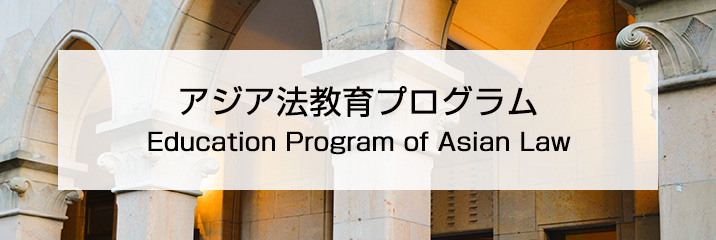University of Tokyo Summer School Report
Callum Bryan
Whenever I ask people which country is at the top of their travel wish-list, the most common answer is Japan. As someone who enjoys travelling and is eager to discover new places and cultures, I was aware of the widespread enthusiasm towards travelling to Japan, inspired by stories of great food, hospitable people, bustling metropolises and stunning natural beauty.
However, personally, Japan had never been on my own radar. I had never visited that part of the world, and I knew very little about the Japanese language or culture. However, this year, almost by chance, my interest in Japan grew exponentially.
This began when I took an elective course on Japanese law and society, which was a great introduction to Japan as a legal jurisdiction. The more I learnt about the intricacies of Japanese law, and the ways in which the law interacted with Japanese society and economic affairs, the more eager I became to visit Japan and see everything for myself.
When I saw that my university, the Australian National University, had been invited for the first time to attend the University of Tokyo’s Summer School Program, I jumped at the opportunity to deepen my understanding of Japanese law and culture.
I will admit that I was both delighted, and a little bit surprised, when I was offered the opportunity. After all, I had no experience in the Japanese language, but I had a keen interest for learning more about Japan as a jurisdiction and society. As I would soon find out, the Summer School not only allowed me to expand my knowledge in this area, but also allowed me to increase my understanding in a wide range of disciplines.
As an international student, the first part of the Summer School program was spectacular. We were kindly provided with a guided tour of the National Diet, as well as the Supreme Court, and even had the opportunity to do a Q&A with a high-ranking member of the court, Judge Yamaguchi. It was fascinating to see in-person the institutions that form the core of Japanese legal system. In particular, I was astonished at the grand and powerful architecture of the Supreme Court, which simultaneously created a sentiment of authority and beauty.
After our short time in the city, we were able to leave the scorching August heat of Tokyo, and begin our studies in the Mitsui Human Resources Development Centre, near the seaside town of Yugawara, which was a little cooler.
The topic of this year’s program was “Global Trends in Corporate Governance and M&A”. From a personal perspective, this was the perfect course for me to study. In the past year, I have become increasingly conscious of the importance of economics and finance in almost every discipline, including law, and as a result have been trying to educate myself better in this field. This year’s topic, which sought to do a deep-dive into the intersection of corporate governance and law, was a perfect complement to my growing interest and understanding of economics.
The summer course was comprised of six visiting lecturers, each from different esteemed institutions across the globe, and each with specialties in particular areas of corporate law. Now, I feel that corporate law has the reputation for being a fairly dull and technical subject. However, the summer school was exemplary in showing the ways in which the study of this area of the law can be both engaging and fascinating.
In particular, I appreciated the unique perspectives that each professor provided on issues, often touching on a deeper theme that had wider implications beyond law and economics. For example, Professor Daniel Puchniak, of the National University of Singapore, provided a thought-provoking lecture on how Western jurisdictions have supposedly “discovered” new corporate purpose: instead of viewing corporations as existing only to maximise profit, many Western jurisdictions have recently become conscious of the importance of corporations in promoting environmental sustainability and social harmony. He outlined how this concept of “discovery” is contradicted by the fact that multiple Asian jurisdictions, such as Japan and Singapore, have already found corporate purposes beyond mere profit-maximisation, and that in this instance, Western jurisdictions have a lot to learn, rather than to preach, in this case.
This class is the perfect example of how all of the professors pushed us to consider wider issues beyond mere finance and law, considering factors such as intercultural understanding and the influence of societal values on economics. Every class was stimulating and challenging, and I have come away with a deeper knowledge on a wide range of interdisciplinary issues, such as the importance of environmental law in the European Union or the influence of family dynasties on the economies of less-economically-developed countries.
The Summer School was intensive but incredibly rewarding. Over the course of five days, we completed nearly 24 hours of class, and finished off with a three hour exam. I was impressed with the Japanese students, who were able to perform so well in a law course in their second language. Studying law in your first language is difficult enough, I can only imagine how difficult it must have been to study in your second language!
The environment at the learning centre struck the perfect balance between being relaxed and friendly, whilst also maintaining a hard-working ethos. Being able to eat meals with the other students and the professors meant that everyone was able to get to know each other beyond the classroom. As a result, I felt more comfortable asking questions and critically engaging with professors when in classes.
It is worth mentioning that the learning centre was perhaps one of the most beautiful places I have ever been lucky enough to stay in. Both the canteen and my bedroom overlooked a lush, forested valley, and in the distance, you could make out the sparkling blue of the Pacific Ocean.
Waking up to that view each morning meant that every day was a pleasure. Each morning I would wake up and open my curtains to look out at the stunning view. Even as I walked between classes I would take a moment to look outside and take in the scenery. Furthermore, the Learning Centre had its own onsen, which I made sure to visit one evening and was great for relaxation.
The highlight of the Summer School would undoubtedly have to be the people I was able to meet. The professors, the international students and our kind Japanese hosts made the program comfortable, stimulating and, most importantly, fun. It was amazing being able to study and hang out with such a diverse group of people each day, and meant that when we returned to Tokyo, I had a great group of friends with whom I could explore the city. I honestly feel that I have made friends for life.
I would like to thank the University of Tokyo, whose organization and effort ensured that the program ran smoothly and provided the international students with such an enjoyable experience. I look forward to more collaboration between my university and the University of Tokyo in the future.
I would not hesitate to recommend the Summer School to anyone interested in applying. It takes a lot of work, but it is very rewarding. The topics you learn are fascinating and they are delivered by a team of professors who make the learning experience enjoyable and engaging. Furthermore, the people in attendance, from the Japanese students to the other international students, create a warm social environment that allowed me to have fun and make friends.
I have come away from the Summer School with new perspectives on a wide range of issues, new connections with a network of amazing people and a deeper appreciation for Japan. I cannot wait until I can travel there again!
